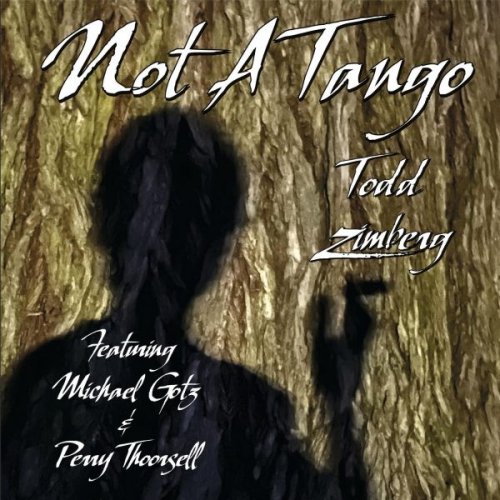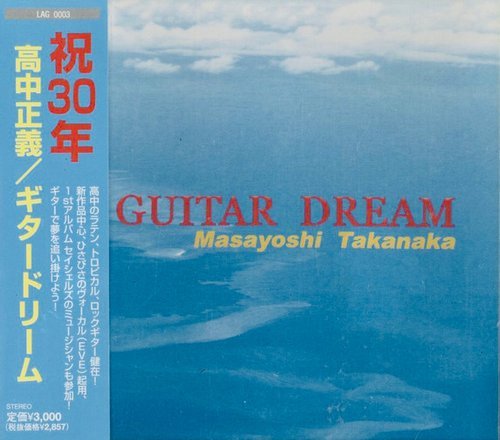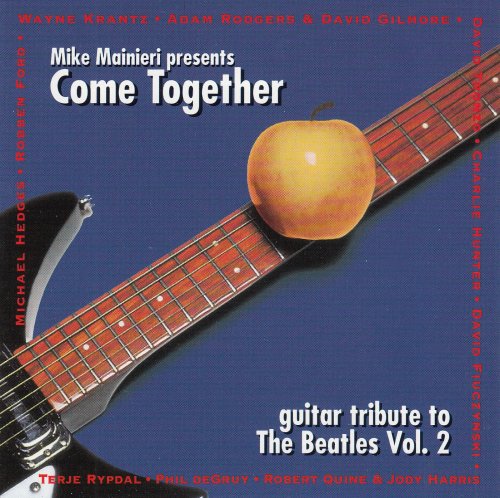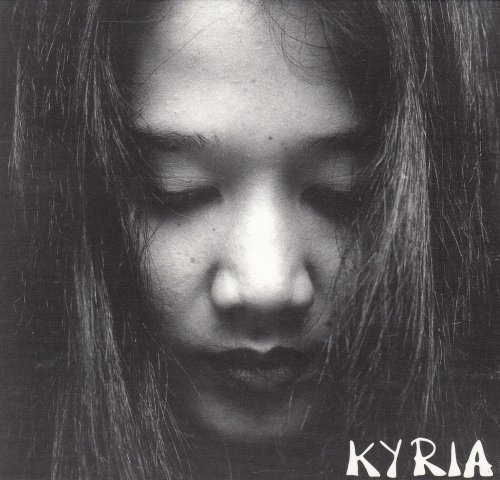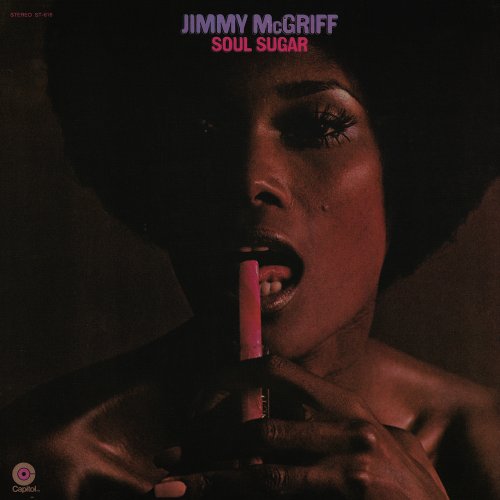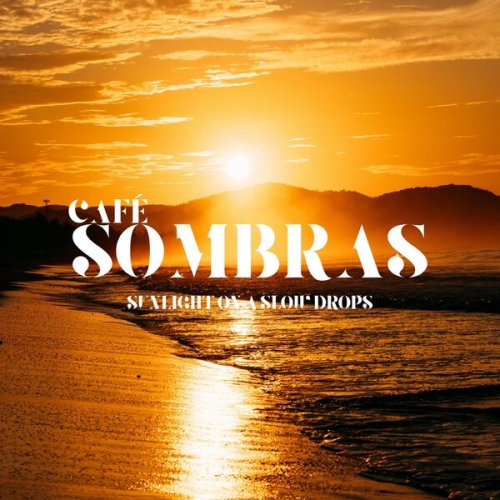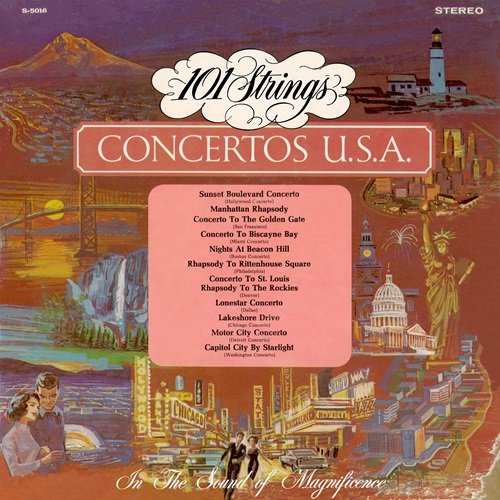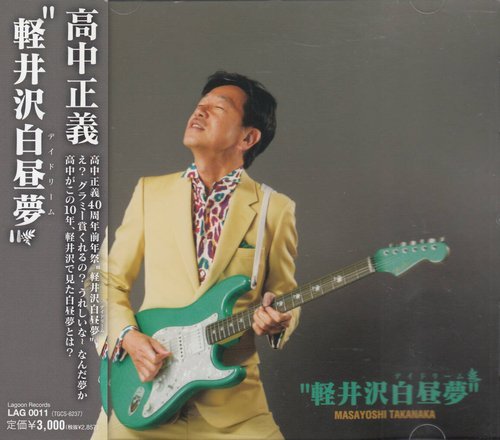Sandro Ivo Bartoli - Giacomo Puccini: Complete Piano Works and Selected Opera Transcriptions (2017) [Hi-Res]
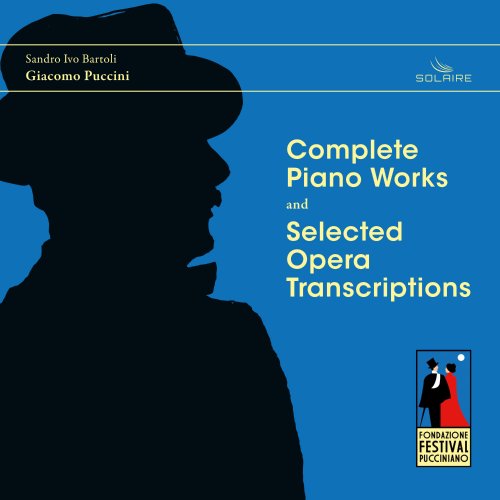
Artist: Sandro Ivo Bartoli
Title: Giacomo Puccini: Complete Piano Works and Selected Opera Transcriptions
Year Of Release: 2017
Label: Solaire Records
Genre: Classical Piano
Quality: flac lossless (tracks) / flac 24bits - 96.0kHz +Booklet
Total Time: 00:47:11
Total Size: 137 / 619 mb
WebSite: Album Preview
TracklistTitle: Giacomo Puccini: Complete Piano Works and Selected Opera Transcriptions
Year Of Release: 2017
Label: Solaire Records
Genre: Classical Piano
Quality: flac lossless (tracks) / flac 24bits - 96.0kHz +Booklet
Total Time: 00:47:11
Total Size: 137 / 619 mb
WebSite: Album Preview
01. Adagio in A Major
02. Piccolo Valzer: Lento molto
03. Scossa Elettrica: Marcia brillante
04. Foglio d'Album: Moderato, con affetto
05. Piccolo Tango: In tempo
06. Pezzo per pianoforte: Calmo e molto lento
07. Tosca: Atto II, Cantate "Sale, ascende l'uman cantico"
08. Tosca: Atto II, Aria "Vissi d'arte"
09. Le Villi: Atto I, Preludio
10. Edgar: Atto III, Preludio
11. Suor Angelica: Intermezzo
12. Manon Lescaut: Atto III, Intermezzo
13. Madama Butterfly: Atto II, Aria "Un bel dì vedremo"
14. Madama Butterfly: Atto II, Coro a boccia chiusa
A disc wholly aimed at the novelty completist market, one feels. Not knowing Puccini as a keyboard composer, the idea of collecting his "complete piano works" on a single disc does appeal. The reality is literally half a dozen brief tidbits which range from early student works to works written for publication in other collections. These six works total barely fifteen minutes of music, and of those two do not exist in an autograph manuscript, so their authenticity is dubious.
The earliest work, the Adagio in A major, is considered by some to be a short-score of a slow movement for string quartet; whatever its provenance, it is very simple and rather charming. Puccini was to rework some of it into his early Capriccio Sinfonico and the slightly later opera Le Villi. In a similar vein is the Piccolo Valzer. It was the composer's contribution to a 1894 magazine "Arti ed Armi" which released a special issue to celebrate the presentation of the a flag to the battleship Umberto I (!). Puccini's offering to this rather militaristic affair turns out to be none other than an early, Pre-Boheme, rather wistful version of Musetta's Waltz Song. As with all of the music on this disc, pianist Sandro Ivo Bartoli plays it with real sensitivity and engagement. As he makes clear in his liner notes, this is music conceived for the domestic salon rather than the concert hall, so he very wisely never tries to makes inappropriately grand gestures.
There follows another curious fusion of art and science: a Marcetta brillante written "at the behest of the Telegraphists' Committee to commemorate the centenary of the invention of the battery." Hard not to suspect that Puccini rattled this off between cups of tea one afternoon. Anyone expecting an authentic Puccinian experience or indeed for the sparks to fly, pardon the pun, look away now. It is fun and slight and of no consequence whatsoever. There follow the two pieces of dubious authenticity, both gently engaging music you imagine could be heard rippling away in the background of a high class tea-room. Bartoli rightly points out in his liner that the latest original work, the Pezzo per Pianoforte from 1916, written for another magazine (this time supporting War victims) suggests a glimpse of emotional weight missing in the other pieces. Again, all credit to Bartoli for pitching his performance to perfection—gently understated but with heart-felt emotion.
The remaining half-hour of the disc—yes, it really does only run to about 45 minutes—is devoted to Carlo Carignani's famous excerpts/transcriptions from Puccini's operas. Carignani was a childhood friend of Puccini (who dedicated his Minetto No. 3 for strings to him), who worked for the publisher Ricordi producing transcriptions of Puccini's work for domestic consumption. As such, they are very successful indeed—well-conceived literal transcriptions of famed passages that distil the essence of the music without requiring Herculean technique from the executant. This was functional music of its time before recordings or radio could bring great music into the home environment. In his liner Bartoli puts it rather well: "... in July 2017 producer Dirk Fischer and I spent a few hours delighting ourselves with these timeless melodies... it is in this spirit of joyful recreational music-making that I licence it..."
Even the relatively rare excerpts from Le Villi or Edgar are no longer that rare in their original operatic form on disc. But that said, I must again praise Bartoli for his sensitivity to the spirit of this music. All the excerpts are played with real poise and a clear sense of musical line and phrase. His pacing is very good too, so that the climactic moments in the Manon Lescaut Intermezzo or Un bel di from Madama Butterfly are as engaging as they could be allowing for a solo keyboard alone. The transcription of the Humming Chorus brings the disc to an appealing and rather beautiful conclusion. I doubt these have ever been better played. Of course, Carignani was not setting out to produce super-virtuoso "fantasias on themes" or Concert Paraphrases à la Liszt or even Grainger. Even so, to give these versions musical longevity today that is probably what they need to be.
The recording is apt, quite close but pleasingly clear and warm. The Steinway D that is used here sounds very fine. The recording location of the Steinway Haus in Berlin is warm but suitably neutral. The Solaire booklet is attractively well produced too, in English and Italian only but with a supportive introduction by Alberto Veronesi, the president of the Puccini Festival Foundation alongside Bartoli's own enthusiastic and informative notes about the music. Puccini really was one of those composers whose talent seemed to explode nearly fully formed in his third opera Manon Lescaut. There are "lost", "rare", "unknown" discs of his music before Manon: Chailly's Decca collection (which includes the Scossa elettrica in a band transcription not by Puccini) or even the Messa di Gloria. None of them fully reveals the genius to be. So, this is one of those curious discs that I cannot imagine ever being bettered in a direct like-for-like manner, yet one to which I doubt I will ever return despite its musical and technical merits.
